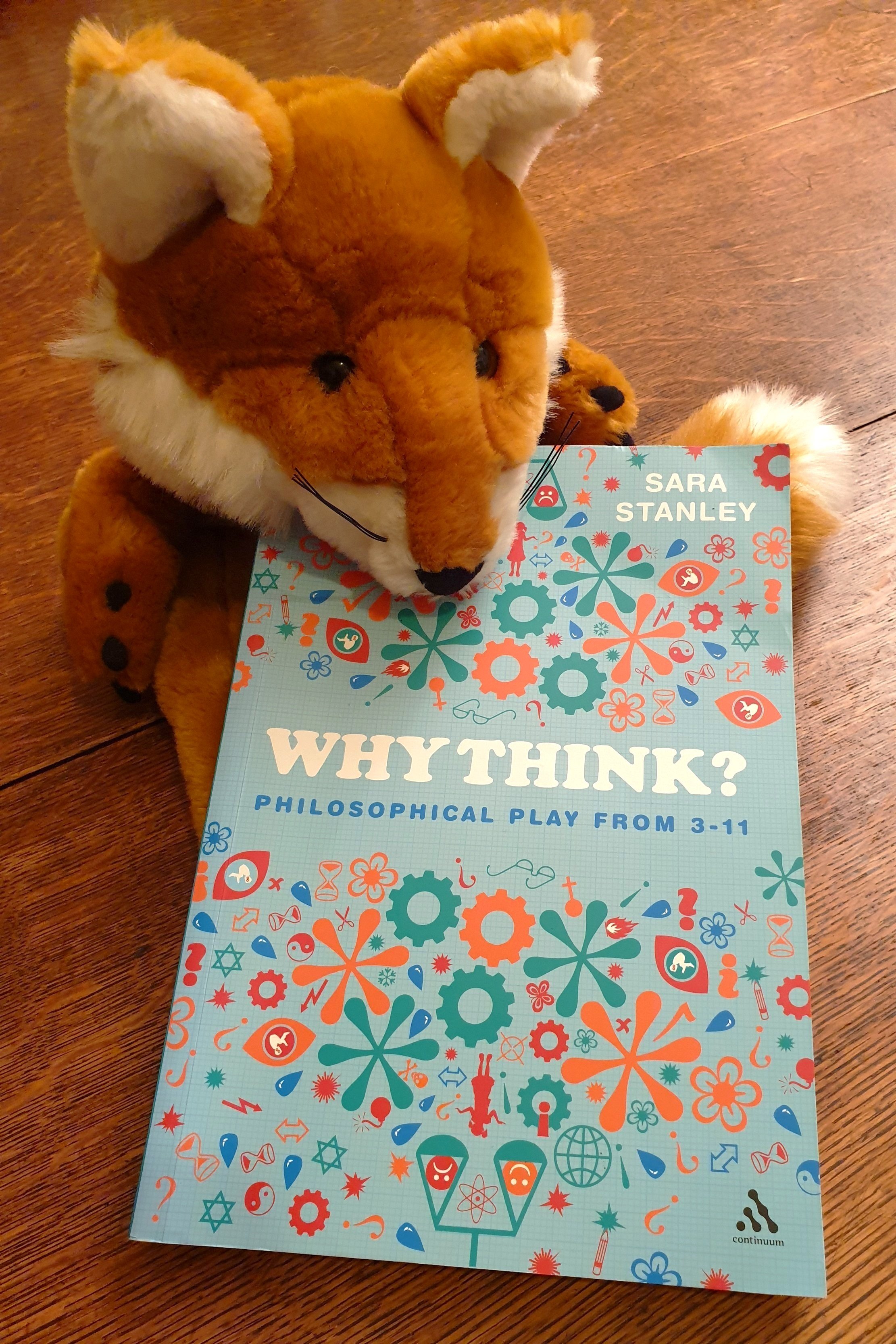
A book I keep returning to is Why Think? by Sara Stanley.
Not only does it have lots of practical ideas in it, but it has numerous examples of children’s words. This provides a wonderful insight into the minds of children and the potential for philosophical dialogue with early learners.
For example, there’s a lovely conversation overheard between four children in which they mention hard work, helping and friends. These are all ‘big ideas’ or philosophical concepts. Stanley shows that by listening in to children’s play we can then – as facilitators – ask them about it later on. What did Millie mean when she said, ‘That’s what friends are for’?
Why Think?: Philosophical Play from 3-11: Sara Stanley: Continuum (bloomsbury.com)
I highly recommend this podcast to anyone with an interest in oracy education
Let’s start talking about the impact screen time might be having on language development
An inspiring podcast on using classroom talk in a rich and meaningful way
What will your class make of these contrasting images of children’s lives around the world?
Sarah Lambert discussing what a high-quality oracy education looks like
Over 200 guides to help you do philosophy with children
Packed with example discussion scenarios, this book will help you raise your facilitation game
An inspiring and practical article that will help you improve talk for learning
A book exploring another helpful structure to promote high-quality talk
Strategies to help as many pupils as possible access philosophical enquiry
How one school is using philosophy to address community tensions and mental health
Full of practical ideas and lovely examples of children’s words; I recommend this book




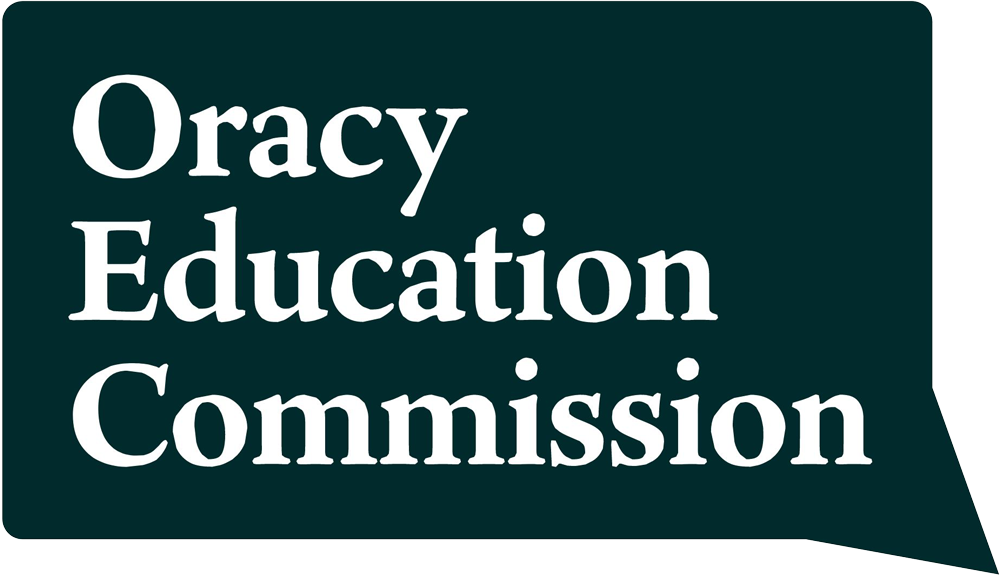
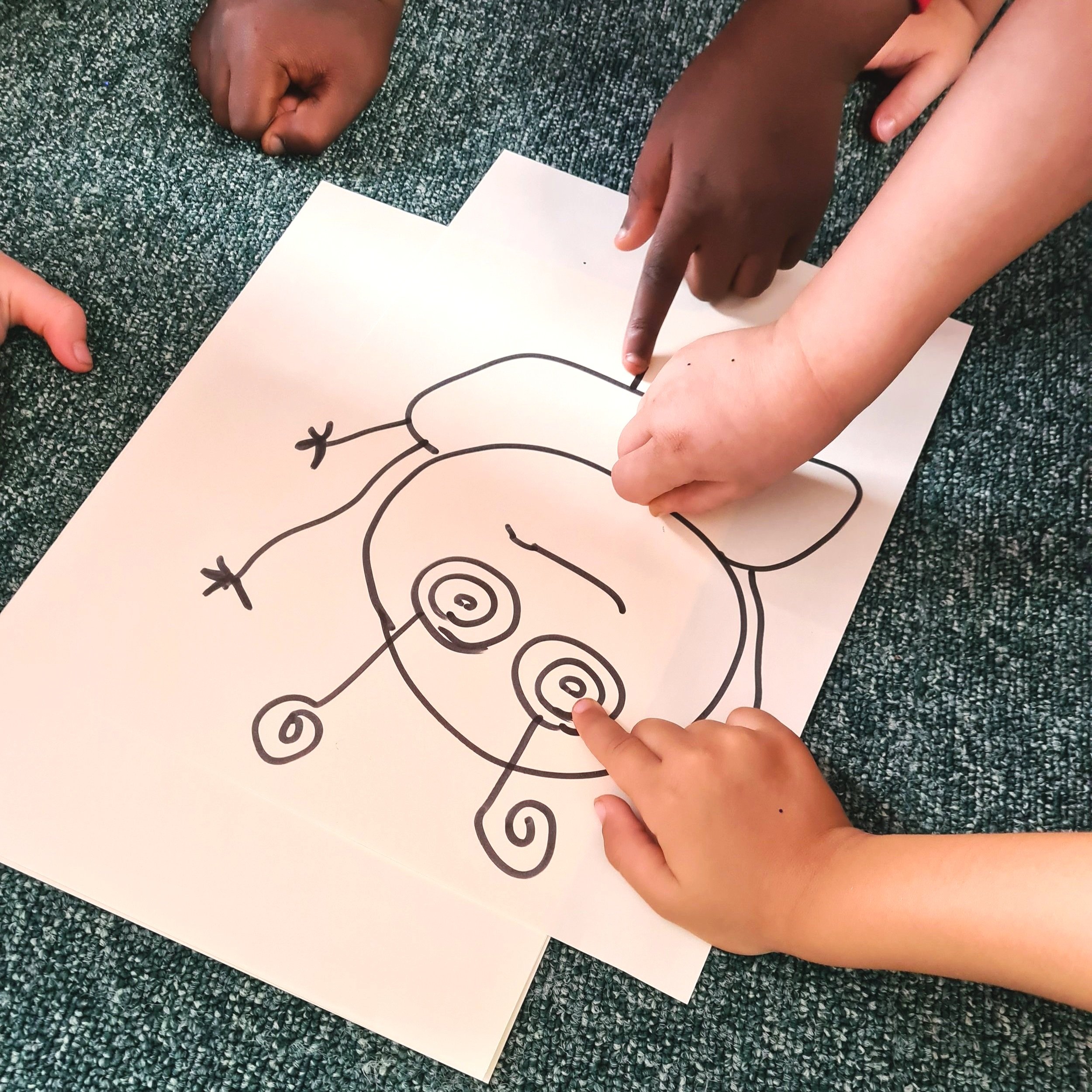
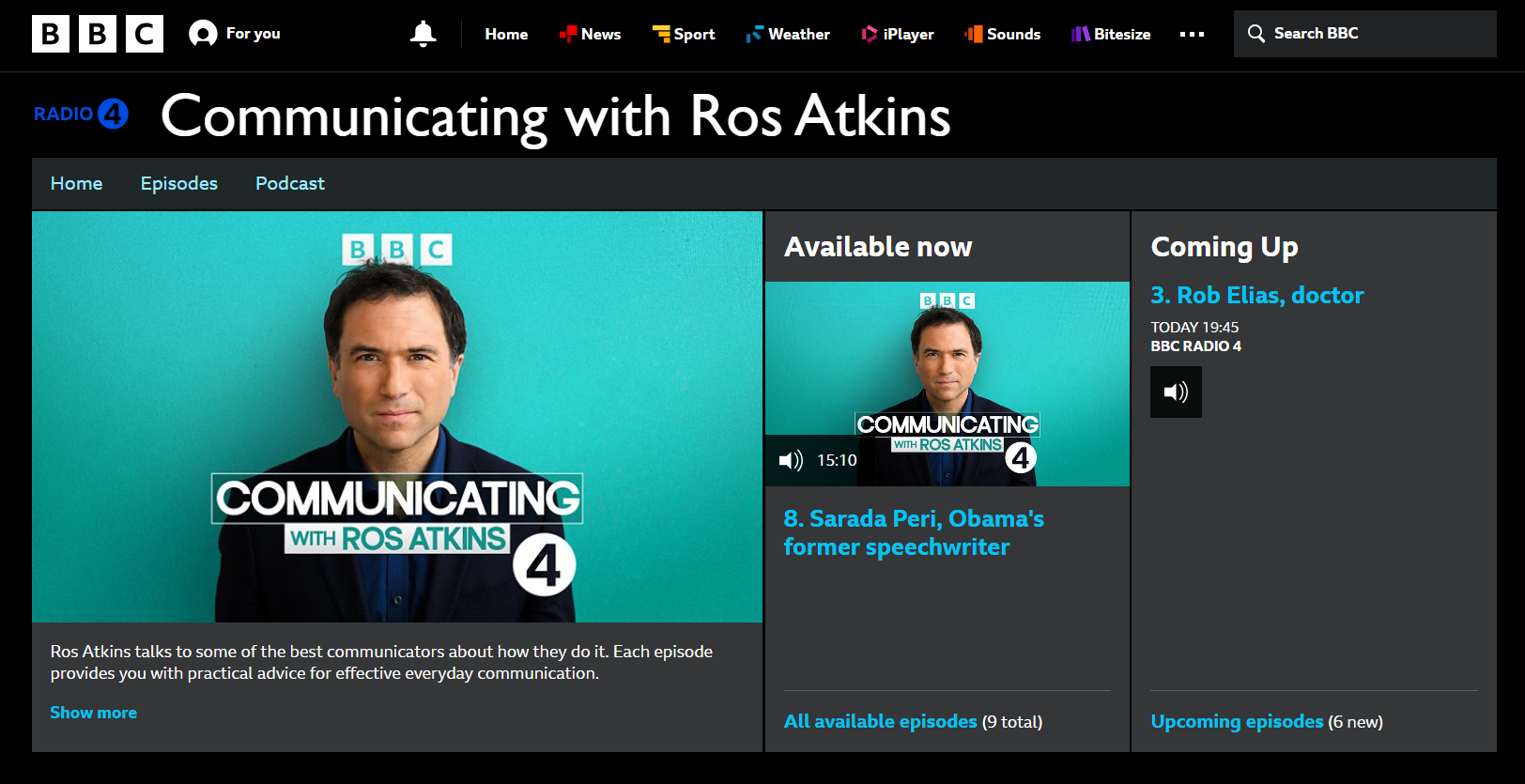


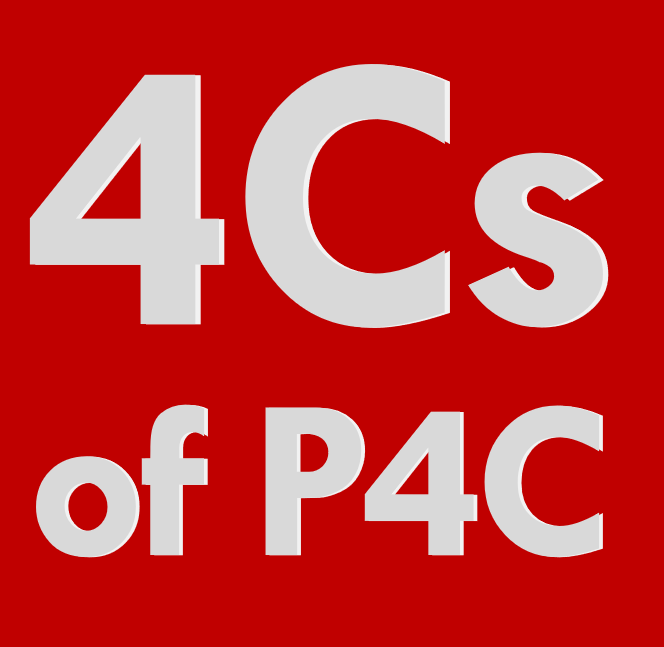

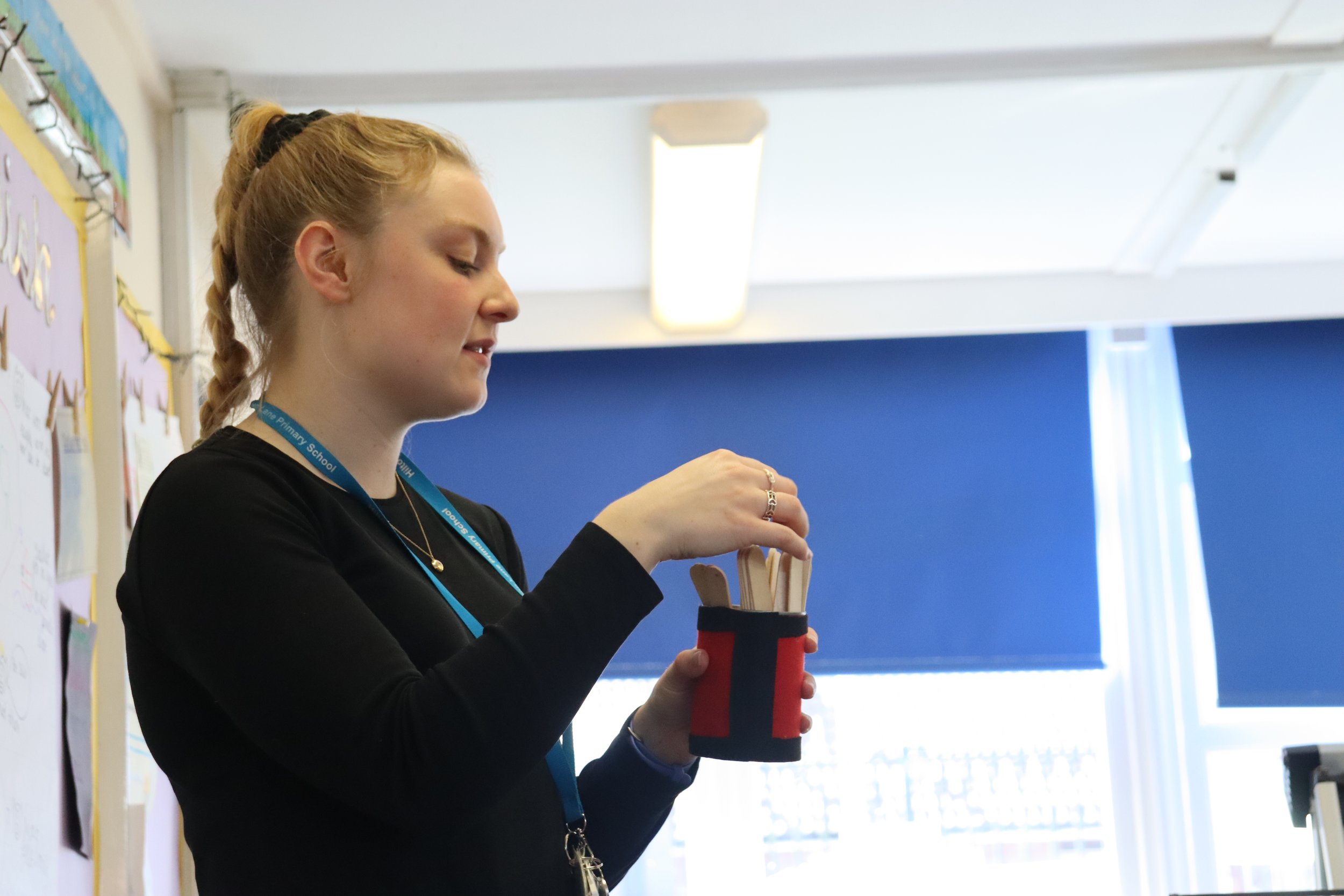
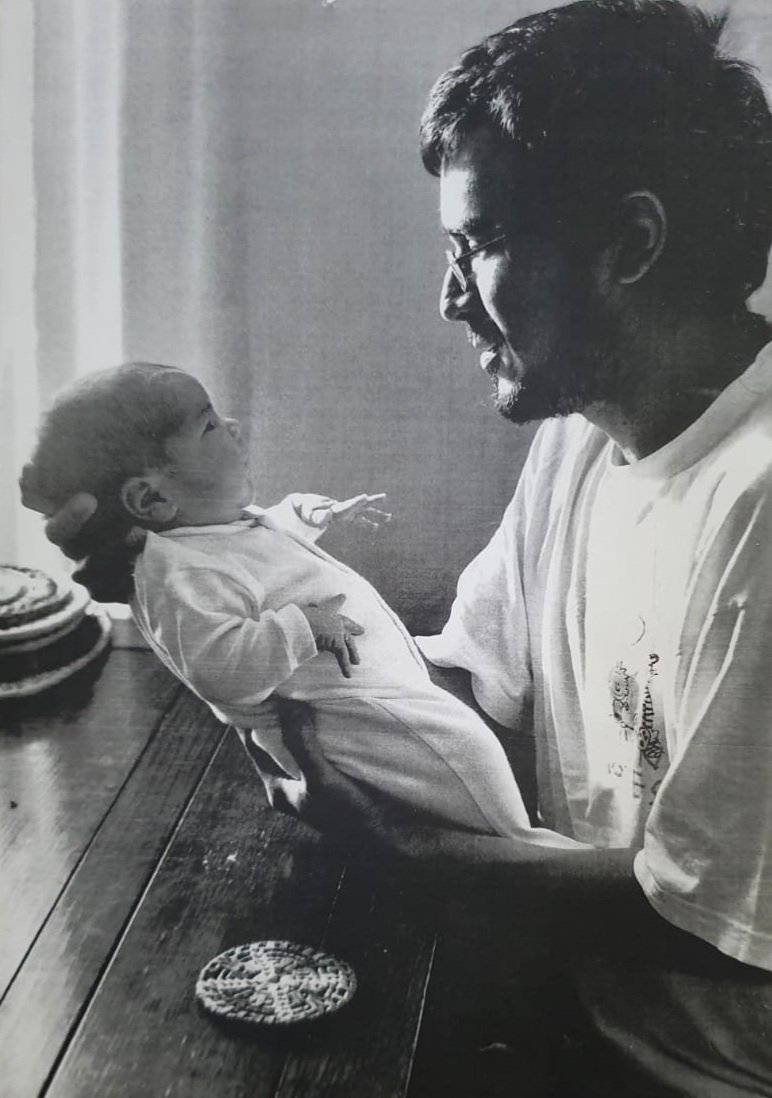

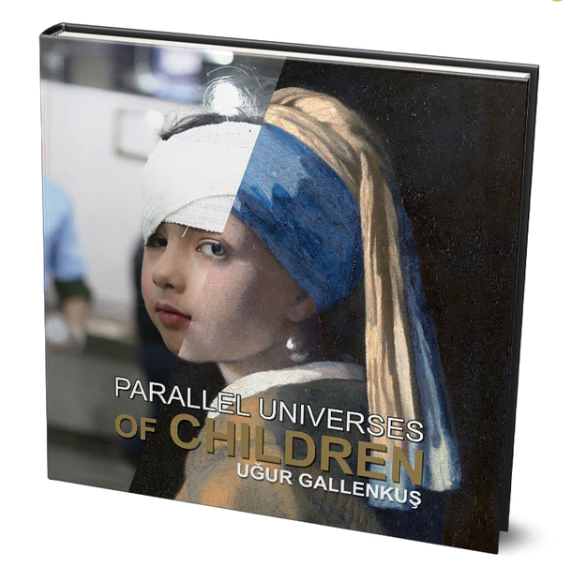





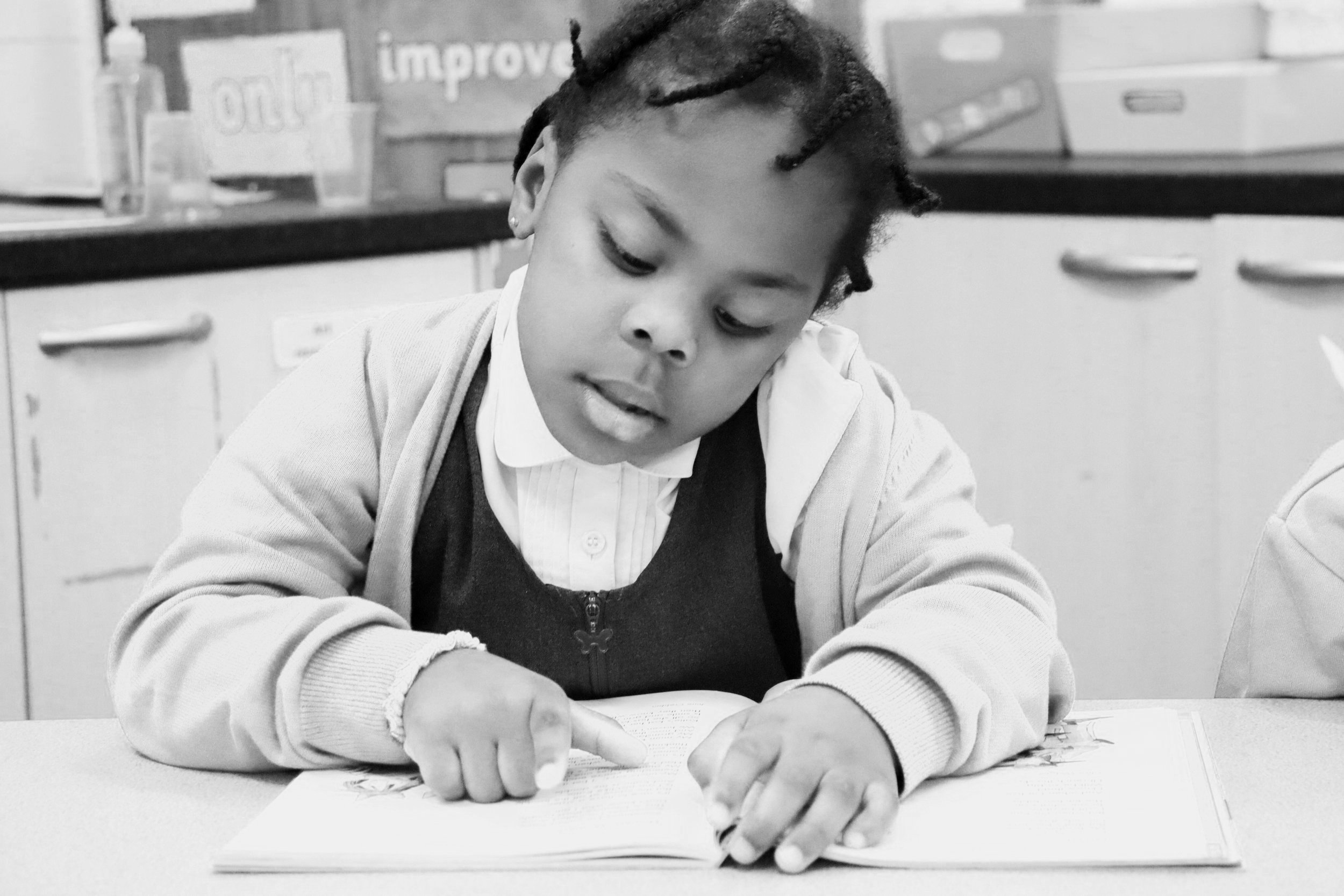


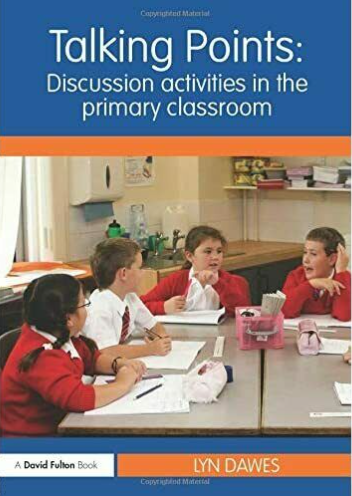

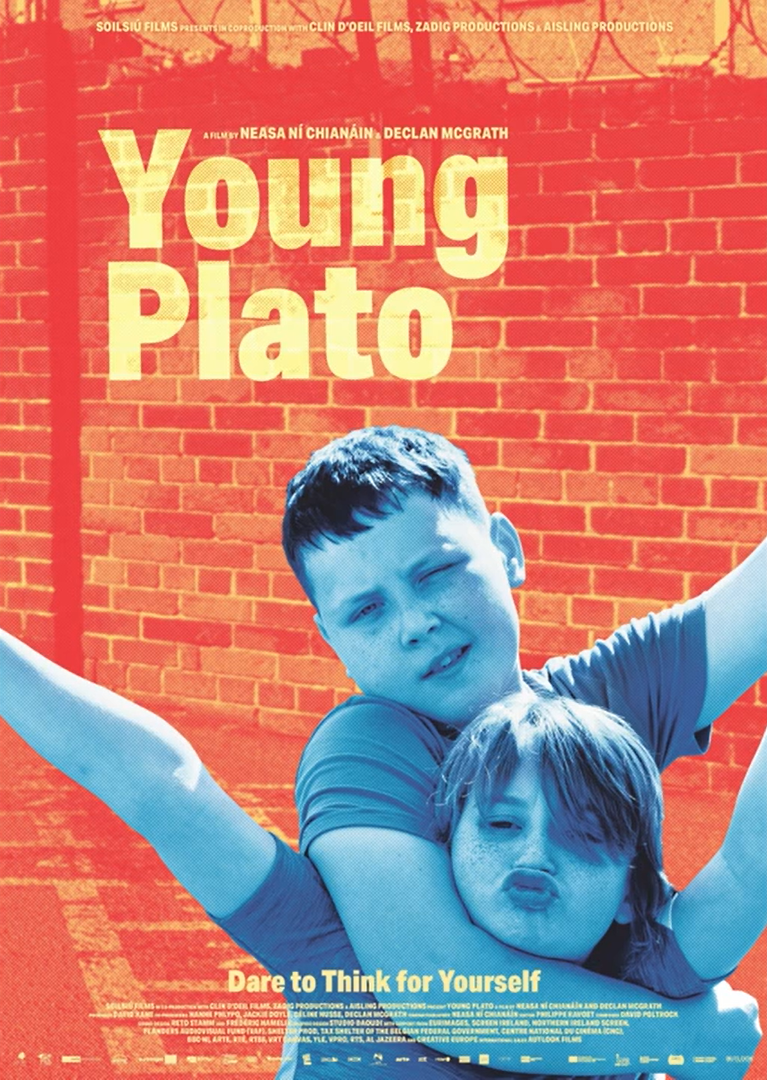


A fantastic, free resource to help your pupils develop their creative listening skills